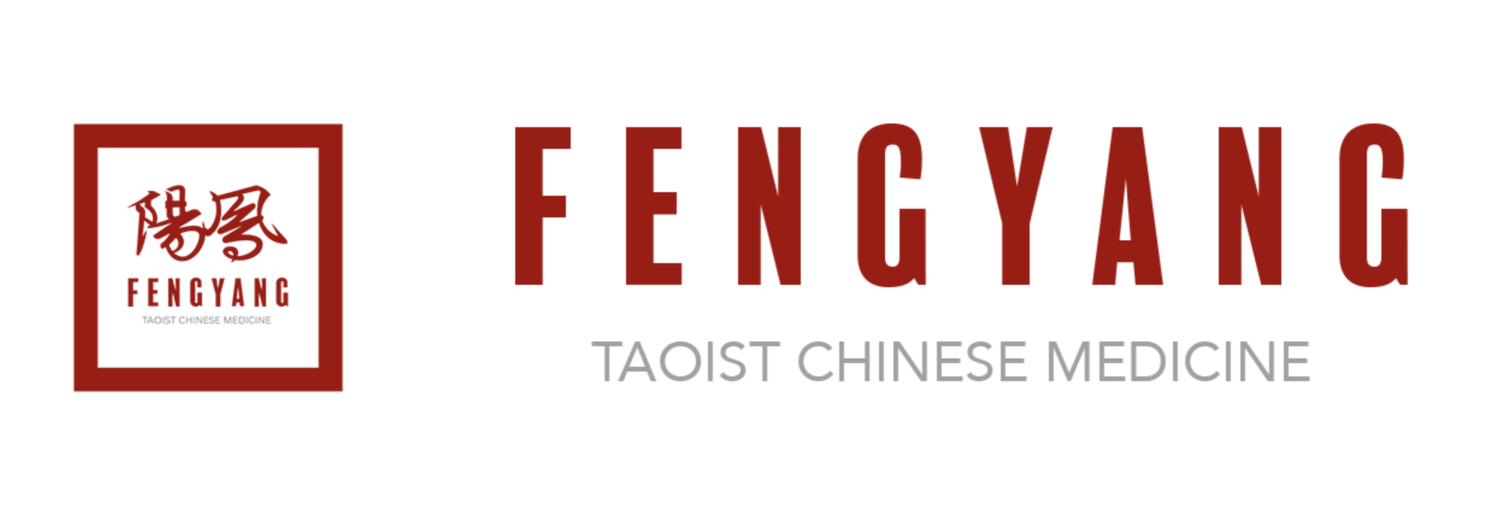Learn About Chinese Herbs -Xin Yi (Flos Magnoliae)-
Xin Yi (Flos Magnoliae)
This product is commonly used in traditional Chinese medicine. The Shennong Materia Medica, listed as the top grade. Li Shizhen said: "Yi is Yun, its bud is born like a yun and tastes spicy so its name (The two characters in Chinese are similar)."
Aliases: wooden pen flower, wangchunhua.
Source: Dried bract buds of Magnolia liliflora Desr for the magnoliaceae plant.
Origin: mainly produced in Henan, Hubei, Zhejiang, Anhui, Shaanxi and other places.
Character identification: This product resembles a brush head, with a wooden short stem at the base, yellow-green bright hairy hairy flower bracts on the bracts, and several layers of tightly hugged brownish-purple petals in the buds. There are spirally arranged stamens in the center, reddish-brown. Light and brittle, easy to layer, oily, spicy, spicy. It is best to have unopened flower buds, hairy yellow-green, and no stems.
Main ingredients: containing volatile oil, mainly citral, eugenol, anipetol, etc.
Pharmacological action: through nasal congestion, treat headache, now know its principle is,
(1) Local astringency: with external nasal drops with Xin Yi preparation, protein coagulation can be seen on the nasal mucosa and secretions are reduced. However, the effect of internal administration on the nasal mucosa needs further study.
(2) Antihypertensive: Animal experiments have a hypotensive effect, and the active ingredient is in the non-volatile part.
In addition, Xinyi decoction and stream extract have a stimulating effect on the uterus of experimental animals; Xinyi decoction has a strong antibacterial effect on common pathogenic dermatophytes in test tubes.
Taste: spicy and warm.
Attribution: into the lungs and stomach meridians.
Function: disperse air, clear the nose.
Indications: Cold, headache, nasal congestion, nasal abyss (sinusitis).
Clinical application:
This product is a common medicine for the treatment of nasal abyss (sinusitis). It can treat headache, nasal congestion and nasal runny nose caused by sinusitis and chronic rhinitis. It also has a certain effect on acute rhinitis. It is often used with Bai Zhi, Fang Feng, and Xi Xin, such as Xin Yi San formula; it can also be used with Cang Er Zi, Jing Jie, Huang Qin, etc. Topical emulsion and concentrated oil are the best, followed by oil and decoction.
Note: This product should not be taken more, otherwise it is easy to cause dizziness.
Dosage: 3~6g.
Prescription example:
· Xin Yi San ("Ji Sheng Fang"): Xin Yi, Bai Zhi, Fang Feng, Xi Xin, Sheng Ma, Gao Ben, Chuan Xiong, Mu Tong, Gan Cao, Each is divided into equal parts, 6g per serving. Clear tea is delivered.
Note: In addition to the above varieties, dried flower buds of magnolia trees Magnolia and Wangchun flowers are also used for Xin Yi medicinal purposes. The shapes of the products are similar and are not easy to distinguish.
Case study: chronic diarrhea
Patient: Mr. Chen, male, age 29.
Date of first visit: December 21, 2015
Chief complaints: frequent diarrhea and pain at lower abdomen. Patient often had diarrhea several times a day, and no improvement after many treatments.
TCM diagnosis: pulse deep and fine, tongue pale red, and coating white and greasy.
TCM syndrome differentiation: spleen and stomach deficiency-cold, exuberant dampness.
TCM prescription: Huo Xiang 10g, Hou Pu 15g, Su Ye 10g, Da Fu Pi 10g, Dang Shen 20g, Fu Ling 10g, Gan Cao 3g, Chao Bai Zhu 30g, Wu Zhu Long 10g, Sheng Jiang 5g. Take 20 consecutive doses.
First follow-up date: January 24, 2016. Patient’s symptoms improved significantly. In the past, he had diarrhea several times a day, but now his stool is a bit shaped. He has bowel movements once or twice every few days, and the abdominal pain has disappeared.
TCM prescription: Dang Shen 30g, Fu Ling 20g, Chao Bai Zhu 30g, Zhi Gan Cao 5g, Wu Zhu Mao Tao 20, Chen Pi 5g, Gan Jiang 5g, Huang Qi 20g, Huo Xiang 10g, Hou Pu 15g, Su Ye 10g, Da Fu Pi 10g, Jie Geng 5g, Shen Qu 10g, Rou Gui 3g, Ling Zhi Bo Zi powder 3g, wild American Ginseng powder 1g, one dose per day, twenty consecutive doses.



